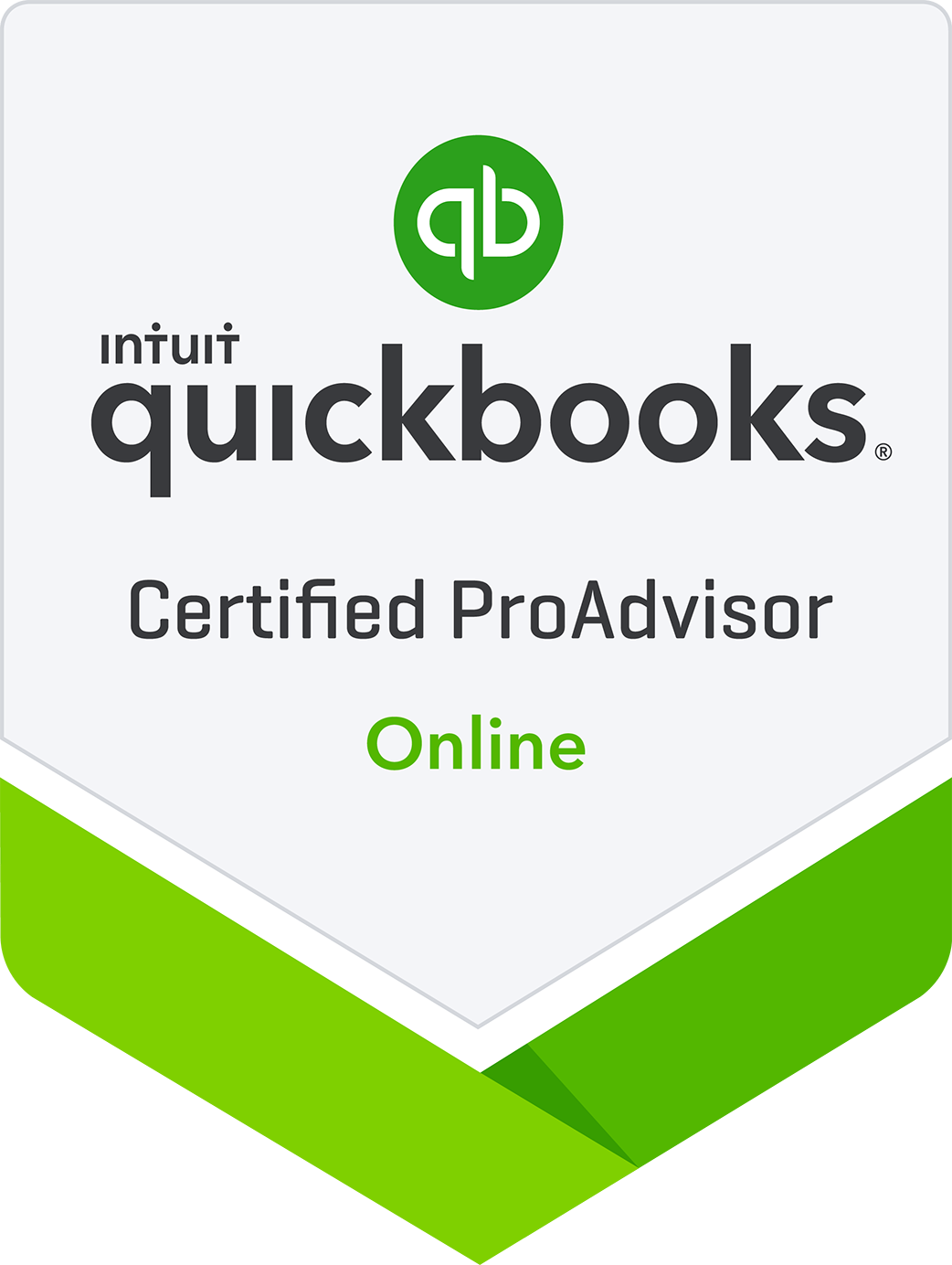We can help you resolve IRS issues.
Welcome to our website!

This website exists to provide clients and potential clients with information concerning our firm and our unique, low-pressure approach to personal and professional services. We have an excellent client-retention rate, and we are extremely proud of the high-quality services that our firm provides.
Sign up to get our FREE booklet:
How to Navigate Tax Issues with the IRS
Top Topics
You may think that all Roth IRA withdrawals are federal-income-tax-free. Not true! Some withdrawals are taxable.
Even worse, some can be socked with a 10 percent early withdrawal penalty tax, and this can happen even when there’s no income tax hit.
Here’s what you need to know about Roth IRA withdrawals under the federal income tax rules. We start with the simplest case.
Any withdrawals from any of your Roth accounts are federal-income-tax-free qualified withdrawals if you, as a Roth IRA owner,
are age 59 1/2 or older, and
have had at least one Roth IRA open for over five
Such withdrawals are usually state-income-tax-free too. Good!
You must pass both the age and the five-year tests to have a qualified withdrawal.1
The five-year period for determining whether your withdrawals are qualified starts on January 1 of the first tax year for which you make a Roth contribution.2 It can be a regular annual contribution or a conversion contribution.
When you take a qualified Roth withdrawal, you should receive a Form 1099-R from the IRA trustee or custodian.3 Box 1 of the Form 1099-R should report the gross amount of the withdrawal.
Usually, box 2b will be checked to indicate that the trustee or custodian has not determined the taxable amount (if any). But if the trustee or custodian knows the withdrawal was a qualified withdrawal, box 2a should report a taxable amount of zero and box 7 should contain distribution code Q (qualified distribution, meaning it’s tax-free).
You enter the total amount of the qualified withdrawal on line 4a of your Form 1040.4 Enter zero on line 4b, because qualified withdrawals are federal-income-tax-free. Simple!
A non-qualified withdrawal is potentially subject to federal income tax. In addition, non-qualified withdrawals taken before age 59 1/2 are potentially subject to a 10 percent early withdrawal penalty tax.5
To make things a bit easier to understand, we will break down non-qualified withdrawals into two scenarios:
1.Withdrawals that are non-qualified because they are taken before age 59 1/2
2.Withdrawals that are non-qualified solely because they are taken before you’ve passed the five-year test!.
In general, any Roth withdrawal taken before you have reached age 59 1/2 is a non-qualified withdrawal by definition. The only exceptions are
when the special first-time home purchase provision (explained later) applies, or
when the account owner (that would be you) is disabled or dead
A non-qualified withdrawal is potentially subject to both federal income tax and the 10% early withdrawal penalty tax.
Non-qualified withdrawals can potentially come from four different layers. Different federal income tax rules apply to each layer!






